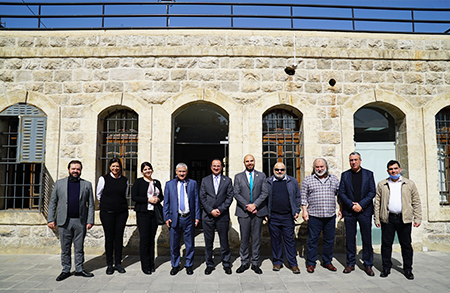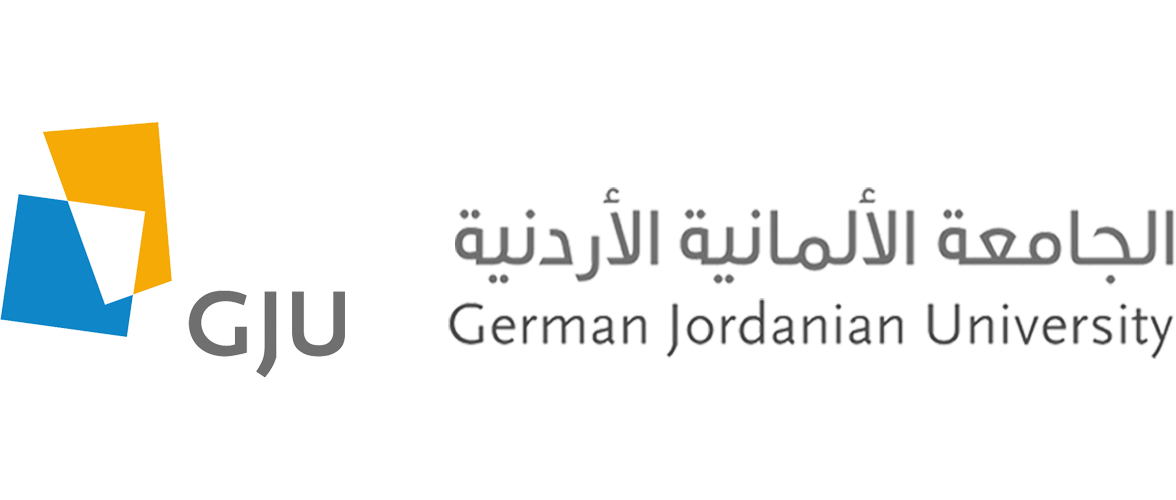Amman- 10 March 2022

The German Jordanian University (GJU) and Princess Sumaya University for Technology (PSUT) renewed the cooperation agreement in the joint master's program Enterprise Systems Engineering (ESE), funded by the MSC.ESE TEMPUS Joint Project.
The agreement was signed by GJU's President, Prof. Ala’aldeen Al-Halhouli, and by PUST's President, Prof. Mashhoor Al-Refai.
The agreement defined the continuation of the partnership between the two Universities in the joint Master’s ESE program.
Dr. Al-Halhouli praised the fruitful and distinguished partnership with Princess Sumaya University for Technology, pointing out that the German Jordanian University is looking forward to a strategic partnership and cooperation in other quality future projects that serve the community and the whole country.
For his part, Dr. Al-Refai stated that the partnership between the two universities is a true success story and a national pride aimed to provide outstanding study programs similar to international universities. He pointed out that the two universities have features that enable them to succeed, excel and progress.
The ceremony was attended by the Vice President of GJU, Prof. Malek Alsharairi, the Dean of Graduate Studies, Prof. Ziyad Masoud, the Dean of the School of Electrical Engineering and Information Technology (SEEIT), Prof. Firas Al-Hawari, and the Head of the Computer Science Department at (SEEIT) Dr. Abdullah Alfarrarjeh. From PSUT, the Vice President, Prof. Wejdan Abu-Elhaija, the Dean of King Abdullah I School of Graduate Studies and Scientific Research, Prof. Khaldoon Abugharbieh, and Dean of King Hussein School of Computing Sciences, Dr. Ashraf Mamoun Ahmad.
It is noteworthy that Enterprise Systems Engineering (ESE) is a multidisciplinary approach combining systems engineering and strategic management to address methods and approaches for aligning system architectures with enterprise business rules and the underlying IT architecture. Development and implementation are consistent with enterprise strategic objectives and enterprise system capabilities with the diverse complex subsystems.
This program is designed to use the systems engineering life cycle as a framework for linking outcome-based engineering analysis and decision making with enterprise strategic objectives, addressing methods and tools for managing complexity, determining measures of effectiveness, and assessing return on investments from an engineering perspective.
At the end of the ceremony, the participants toured the campus facilities in Jabal Amman.

